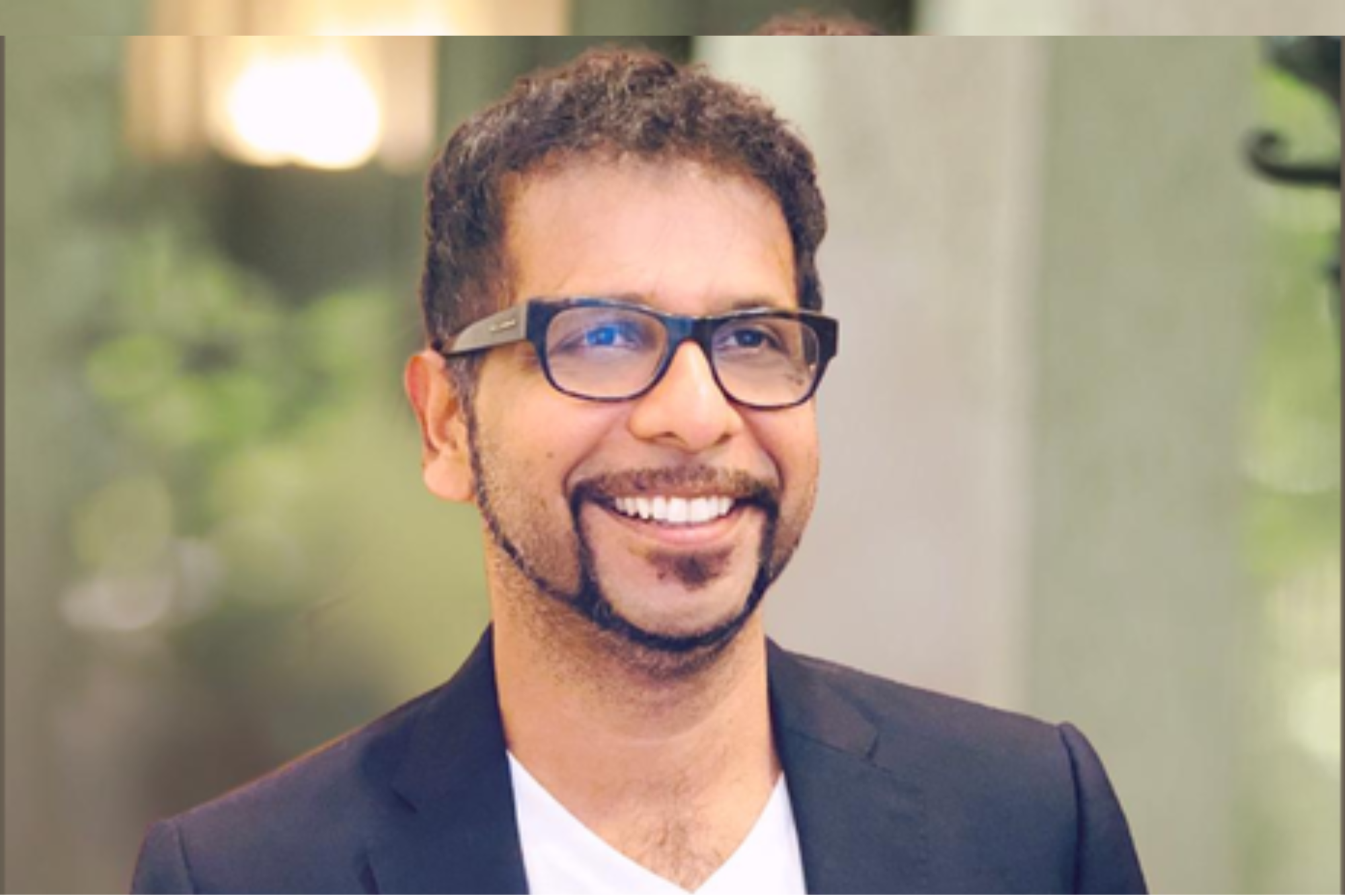Revamping a Family-Owned Hotel Business Is Not a Comfy Task After completing their education, Shweta Ravi and Ramya Ravi decided to get fully-involved as 'directors' at the Nandhana Group.
You're reading Entrepreneur India, an international franchise of Entrepreneur Media.

Taking over a family business might sound very fancy and easy to some. The daunting task of maintaining a brand's legacy while introducing newer strategies in the organization can get very challenging for the incoming millennial generation in India.

Shweta Ravi (Left) and Ramya Ravi(Right), both in their 20s, decided to take up challenging roles at their family-owned Nandhana Group.The group is best known for their multi-speciality cuisine restaurant catering to Andhra style delicacies in Bengaluru.
While both have grown up watching their elders run their family business, they decided to first get the right set of education from well-renowned universities, both at home and abroad. After completing their education, both the sisters decided to get fully-involved as "directors' at the Nandhana Group.
At a very young age we realized that one needs to take calculated amount of risks to run any sort of business, Ramya said.
Naive? Says who!
Initially people within the company and outside failed to take the two of them seriously considering they were so young into the business. "The important factor here was that the business we had entered was already three decades old and when you have a second generation step in, the biggest challenge we faced was to renovate the traditional, obsolete processes and upgrading it," Shweta said.
The biggest learning for both the sisters was that of people management. It was a skill added and a life-long learning for both of them.
Both the sisters have been instrumental in introducing modern knowledge ad technical assistance to the management making it a remarkable difference in the functioning of the restaurant chain.
"We tried to implement processes in each business segment, be it HR, administration or any other department. In traditional business, we haven't been in a very structured format considering it was a family-run business," Ramya said.
Additionally, both the sisters also realized that the organization was very people dependant and they found that to be a major disadvantage. "Our ultimate aim which we are working on is to make the organization completely process driven," they added.
Ramya and Shweta were both speakers at the Franchise India Conference held in Hyderabad last week.












